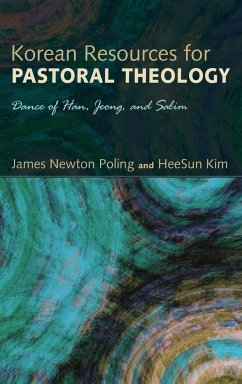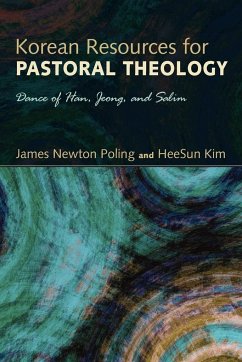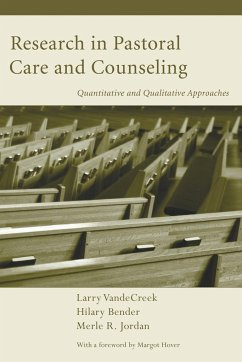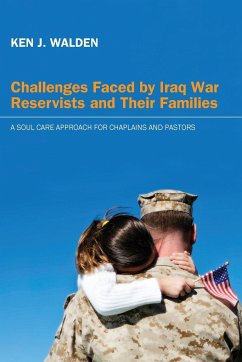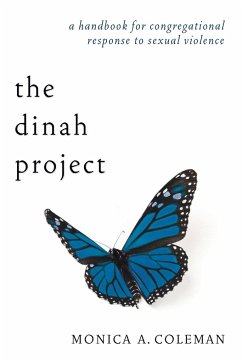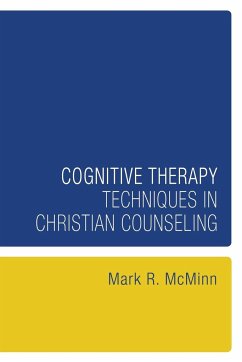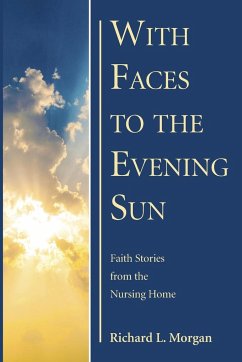In a time of life-and-death challenges to the human spirit--global economics, nuclear dangers, environmental threats, and religious polarization and war--Christians must look for resources that provide new insights of God's power and care for all people. What are the forms of suffering and hope in the world today, and how can Christians respond with healing resources? Korean Christians have unique contributions to make to our understanding of pastoral theology and counseling. Pastoral counselors and theologians from the United States should look to the South Korean Christian churches and other Asian churches for conversation partners about the nature of care and healing in today's world. In this book, the authors explore important ideas--such as han, jeong, and salim--from Korean history and culture that can inform the healing ministries of the churches.
Hinweis: Dieser Artikel kann nur an eine deutsche Lieferadresse ausgeliefert werden.
Hinweis: Dieser Artikel kann nur an eine deutsche Lieferadresse ausgeliefert werden.

